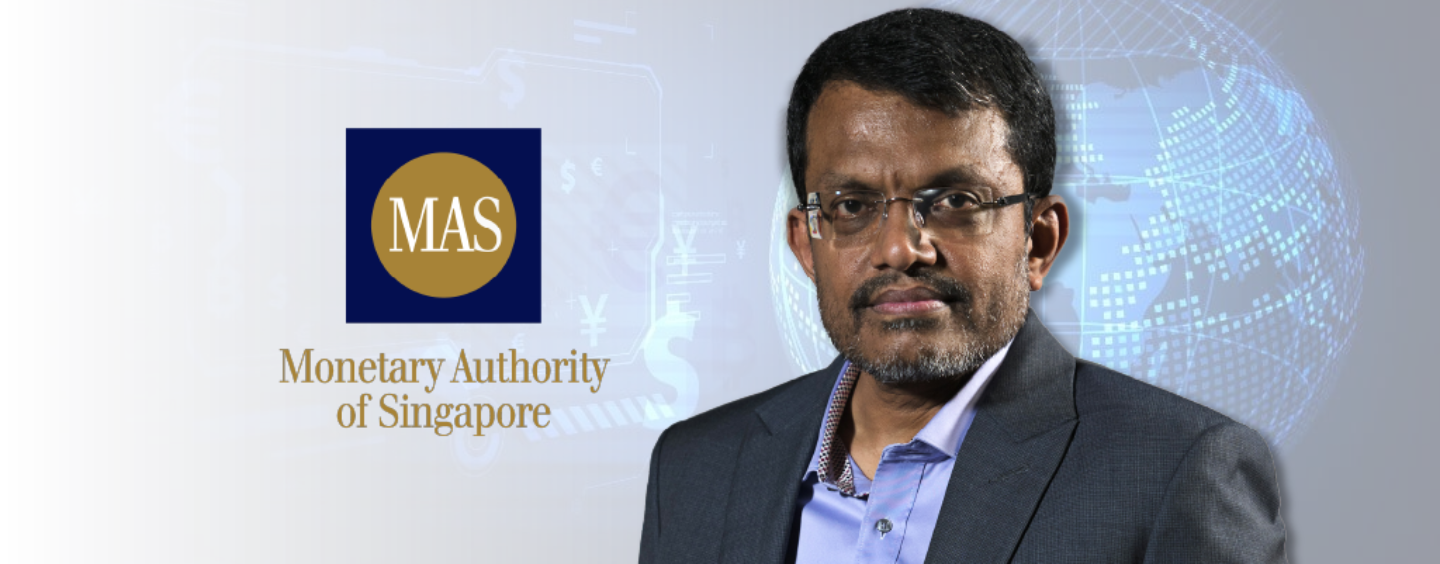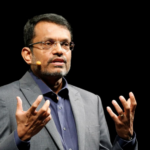
MAS Mulls Further Measures to Safeguard Retail Investors From Crypto Trading Risks
by Fintech News Singapore August 30, 2022The Monetary Authority of Singapore (MAS) said that it is considering further measures to mitigate consumer harm emerging from cryptocurrency trading at the Green Shoots Seminar yesterday.
Ravi Menon, Managing Director at MAS added that the regulator had issued numerous advisories warning consumers that they could potentially lose all the monies they put into cryptocurrencies.
But despite these warnings and measures, surveys show that consumers are increasingly trading in cryptocurrencies.

Ravi Menon
He said,
“It is very risky for the public to put their monies in such cryptocurrencies, as the perceived valuation of these cryptocurrencies could plummet rapidly when sentiments shift.
We have seen this happen repeatedly. Just take for example Luna, the sister token of the so-called stablecoin TerraUSD. Luna was, at one point, worth over US$100 but tumbled to zero.”
Since January this year, MAS has restricted digital asset players from promoting cryptocurrency services at public spaces. This has led to the dismantling of Bitcoin ATMs and the removal of advertisements in MRT stations.
MAS is also contemplating adding frictions on retail access to cryptocurrencies. These may include customer suitability tests and restricting the use of leverage and credit facilities for cryptocurrency trading.
Menon, however, conceded that an outright ban would not work in this case as the crypto world is borderless and Singaporeans can get access to any number of crypto exchanges in the world with just a mobile phone.
He went on to caution consumers that the crypto market is fraught with risks of market manipulation. These risks include cornering and wash trades – actions that mislead and deceive market participants about prices or trading volumes.
They compound the inherent volatility and speculative nature of cryptocurrencies and can severely harm consumers.
“There is greater impetus now among global regulators to enhance regulations in this space. MAS will also do so,”
added Menon.
The regulator is of the opinion that safeguarding consumers from harm requires a multi-pronged approach, not just MAS regulation.
First, global cooperation is vital to minimise regulatory arbitrage. Cryptocurrency transactions can be conducted from anywhere around the world. MAS is actively involved in international regulatory reviews to enhance market integrity and customer protection in the digital asset space.
The industry also has an important role in co-creating sensible measures to protect consumer interests. MAS has been sharing its concerns with the industry and inviting views on possible measures to minimise harm to consumers. We will publicly consult on the proposals by October this year.
Lastly, consumers must take responsibility and exercise judgement and caution. He added that no amount of MAS regulation, global co-operation, or industry safeguards will protect consumers from losses if their cryptocurrency holdings lose value.







